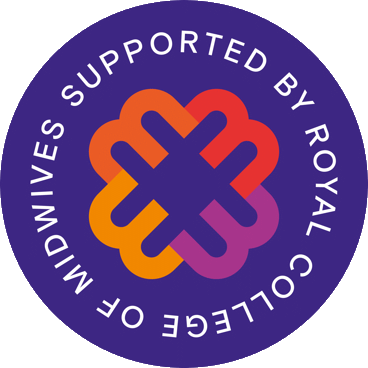Mood and wellbeing
Pregnancy brings a rollercoaster of emotions, from excitement to anxiety, and that’s on top of dealing with increased levels of hormones.
It’s common to experience ups and downs in the way you feel during pregnancy, and there are things you can do to support your mood and wellbeing at this time, as well as people and places you can reach out to for an extra helping hand when needed.
Eating well
Enjoying a variety of nutritious foods not only supports your physical wellbeing and the growth of your baby, but can also play a role in supporting your mood. Many nutrients, such as omega-3 fatty acids, iron and selenium, can impact on mood, with deficiencies potentially leading to an increased risk of depression.
Research has also found fibre, some B vitamins, and magnesium are associated with the wellbeing during of pregnancy.
Staying active
As well as supporting general fitness and health, and helping you prepare for giving birth, activity can be beneficial for coping with low mood and anxiety. The ‘buzz’ from post-exercise endorphins can help boost mood, while getting moving can help relieve stress and improve self-image, and can be a great way to take some time for yourself or connect with others.
Taking time for you
Building in time for yourself, to do things that you find calming, enjoyable and restorative, can be beneficial. Some mums-to-be find mindfulness techniques and focusing on their breathing helpful. Research has also suggested interventions such as massage, music, moderate aerobic exercise, and yoga have been shown to have some positive effects for managing or reducing anxiety and depression during pregnancy.
Always check that any activity you undertake is safe for during pregnancy. Seek the advice of your GP, midwife, or a pre-natal exercise professional before embarking on any exercise programme, especially if you haven’t exercised for a while.
Talking it out
Discussing concerns and how you’re feeling with a friend, family member or healthcare professional can be useful for helping you work through your worries and reach out for support. Talking to other parents-to-be can be helpful, too, and there are often local groups that can be a welcome support.
Partners can often be feeling their own range of emotions in regards to the pregnancy and the anticipation of a new baby, and talking can help you offer support to each other.
Further support
If you feel you need more support with your mood and wellbeing, or your partner does, speak to your GP or midwife for support. There are also services providing information, advice and support that you can reach out to, such as the National Childbirth Trust (NCT), Pre and Postnatal Depression Advice and Support (PANDAS), Maternal Mental Health Alliance and Tommy’s.







